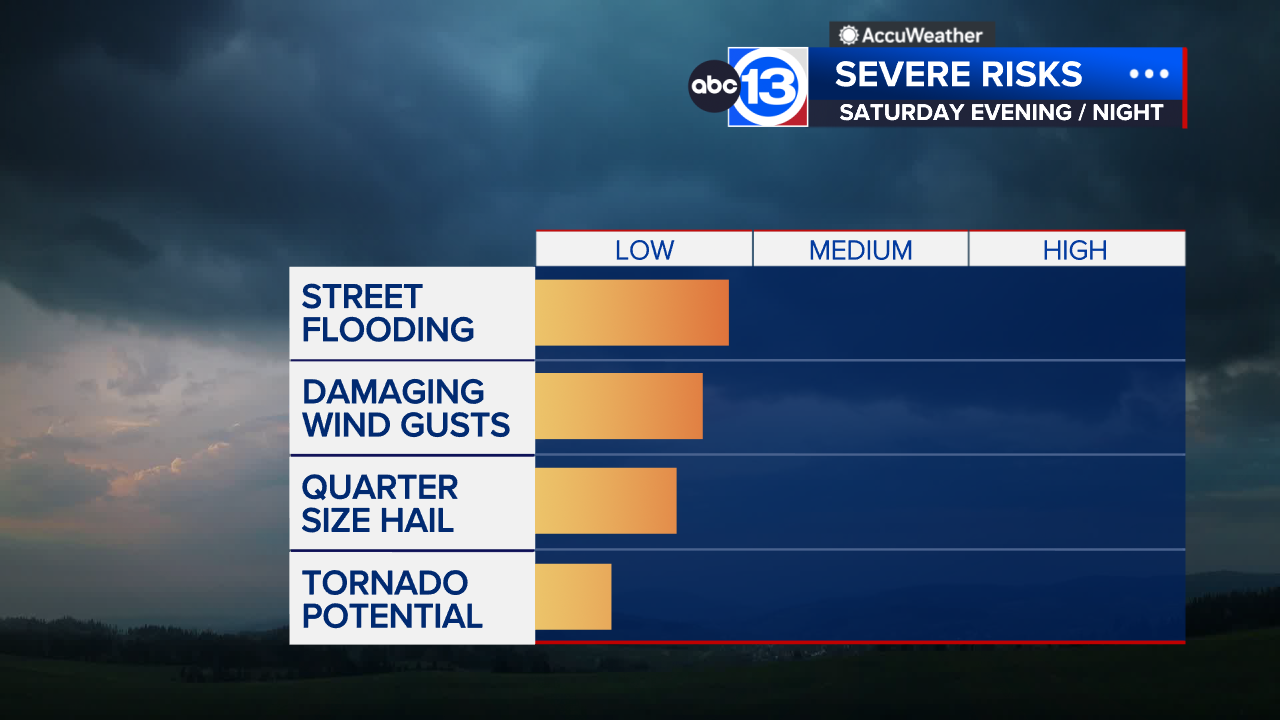Why eating local produce just got more innovative
HOUSTON, Texas (KTRK) -- When Dish Society restaurant owner Aaron Lyons prepares his food for patrons, he knows that 75 percent of what's on the plate is from the Houston area.
"Locally sourced ingredients taste better, they're more nutritious, and we like to support the local economy," said Lyons.
His lettuce vendor is Sustainable Harvesters in Hockley.
"I love the fact that it's - the whole procedure is better for the environment," Lyons explained.
Sustainable Harvesters grow their produce in a green house without the use of chemicals or pesticides.
"We're in about 12,000 square feet of space, that's a quarter of one acre of land. In that quarter acre, we can produce up to 7,000 heads of lettuce a week. That's a tenth of the land required for a traditional farm outdoors, but not only a tenth of the land. We use a tenth of the water," explained Sustainable Harvesters Co-Founder Matthew Braud.
They also save on labor.
"This entire system is run by a green house manager and green house technician," said Braud.
So, how is it possible to run an entire farm with only two people? It's because of the aquaponics technique they use.
"Aquaponics is the combination of aquaculture, or raising fish in a controlled environment, and hydroponics, which is growing plants in a soil-less environment," Braud said.
The process starts with over 2,000 tilapia in each tank fed a high-protein diet.
"That food ultimately gets consumed by the fish and converted into a waste product that we can use through filtration as a concentrated form of nitrate for them to take up," explained Braud.
The water then flows into two filters.
"From these filters, the water flows below these plants and gets consumed by the roots and then ultimately cleaned before that water flows back into the fish tank as a clean source of water," he explained.
Then, the lettuce is delivered to vendors with the root still intact. Even when Hurricane Harvey hit the Houston area, the torrential rain and floods didn't affect their farm.
"This structure keeps us safe from not only floods, but also rain, bad weather including wind, and especially pests," said Braud.
So, for them, even after Harvey, it was business as usual, producing the freshest of lettuce so restaurateurs like Lyons could dish out the best-tasting entrees.
"It's a better product. It's a better quality product," said Lyons.




